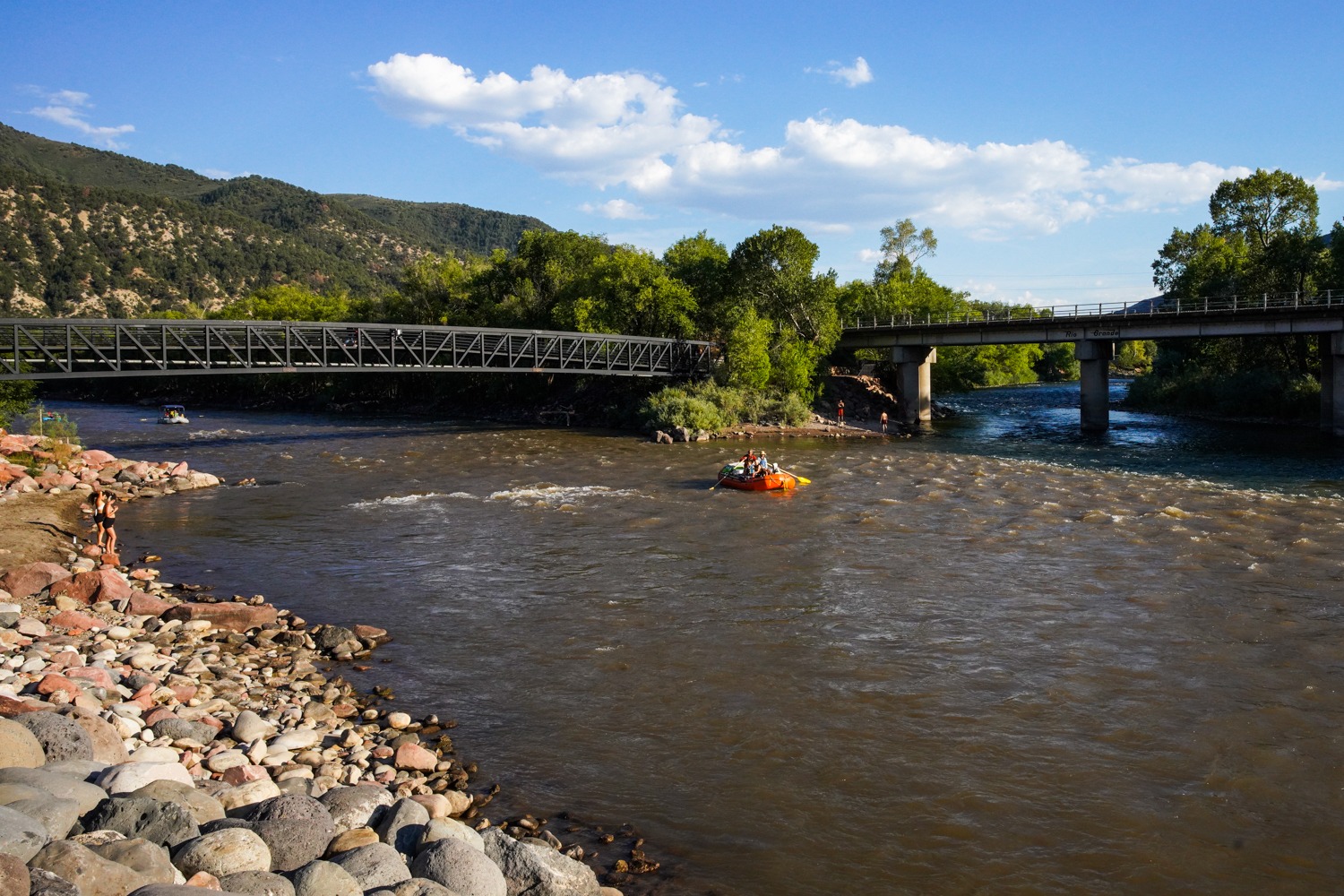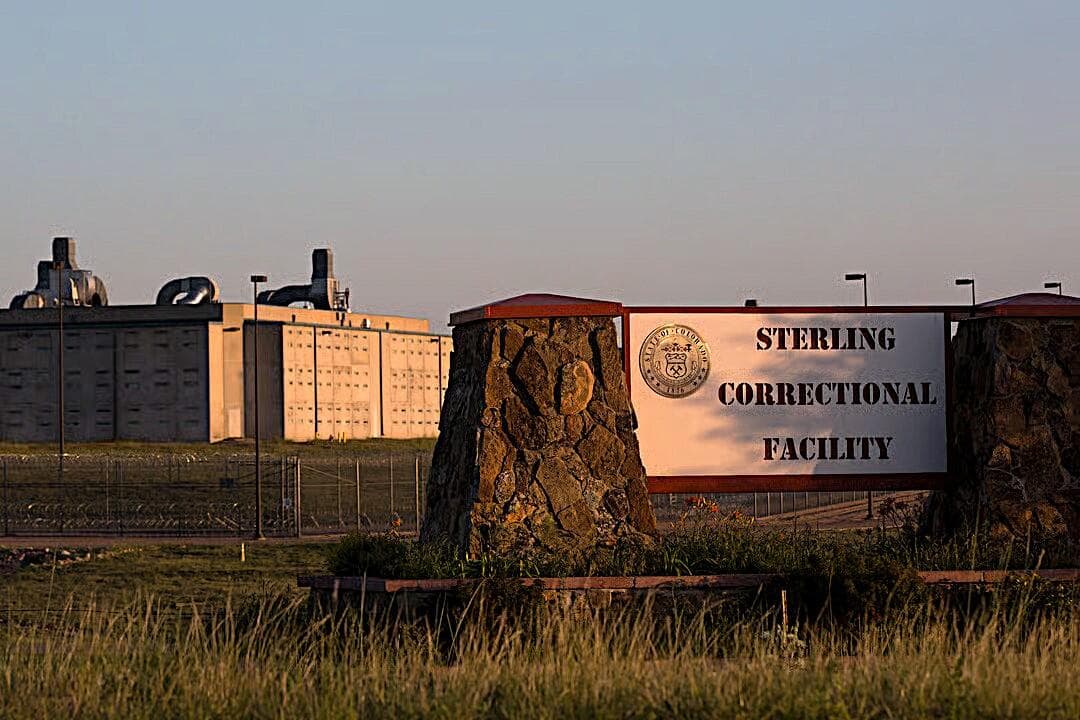
Aspen residents could face mandatory water restrictions this month as the city responds to a drought parching western Colorado. Water experts warn that the low snowpack could lead to more severe drought as the summer progresses.
Aspen is already under Stage 1 Water Shortage, after the city council voted to institute the measures last week. The goal is to reduce water use by 10 percent by reducing use at public facilities, and urging voluntary conservation by businesses and residents in the 6,600-person resort community.
Even with these measures in place, the city may not be able to avoid mandatory restrictions, said Aspen utilities resource manager Steve Hunter.
“There’s a fairly decent possibility” restrictions will become mandatory in late June or July, he said.
Snowpack was low this winter, and high temps have caused a faster melt. That’s resulted in lower stream runoff forecasts, said Nagam Bell, a hydrologist at the USDA Natural Resources Conservation Service, in a report. “Early monsoon activity could improve moisture conditions, but consistent summer rainfall will be critical moving forward,” they said.
This is particularly worrisome for Aspen because, unlike many larger communities, it has almost no water-storage capacity and relies on creeks flowing from the Roaring Fork River, Hunter explained.
“There's folks out fly fishing now, where usually it's whitewater rafters and kayakers,” he said, illustrating how the river has likely already peaked. “We like a peak much bigger, much longer and much later than it occurred this year.”
Wetter spring in the southeast, drier in the west
Rainfall in the state was overall about average for May, but more rain fell in the southeast while the west was drier than average.
“The snowpack is really where most of that runoff comes from,” explained Allie Mazurek, a climatologist with the Colorado Climate Center. That’s an issue because snowpack was relatively low this year, driving the West further into drought.
Even with the summer monsoon still to come, Mazurek said it’s unlikely that the local watershed will be able to make up much ground across the Western Slope. June is expected to continue bringing hot, dry weather, but the climate center predicts more rainfall in July and August.
Aspen is not the only community trying to conserve water as a hotter-than-normal summer looms. The nearby cities of Basalt and Snowmass Village restrict what days or hours residents can water.
About 2.5 hours southwest, the small agricultural town of Orchard City declared a critical water shortage, effective June 1. Outdoor water usage is restricted to before 9 a.m. or after 7 p.m., and the price of water rises the more a home or business uses. The town government said more regulations may come into effect as the summer gets hotter.
Meanwhile, numerous other communities across western Colorado have been sharing water-conservation messaging, including in Delta and Mesa counties, which the federal drought monitor classifies as being in “extreme drought.”
As for Aspen, Hunter hopes the voluntary water restrictions will help prevent the need for mandatory restrictions. “I just think everybody … should gain a basic level of understanding of how precious water is in the West and how it drives everything from the economy to recreation, to the environment to power,” Hunter said. “It’s pretty important.”
The city is also working with a local watershed group to encourage water conservation for the entire Roaring Fork Valley.









